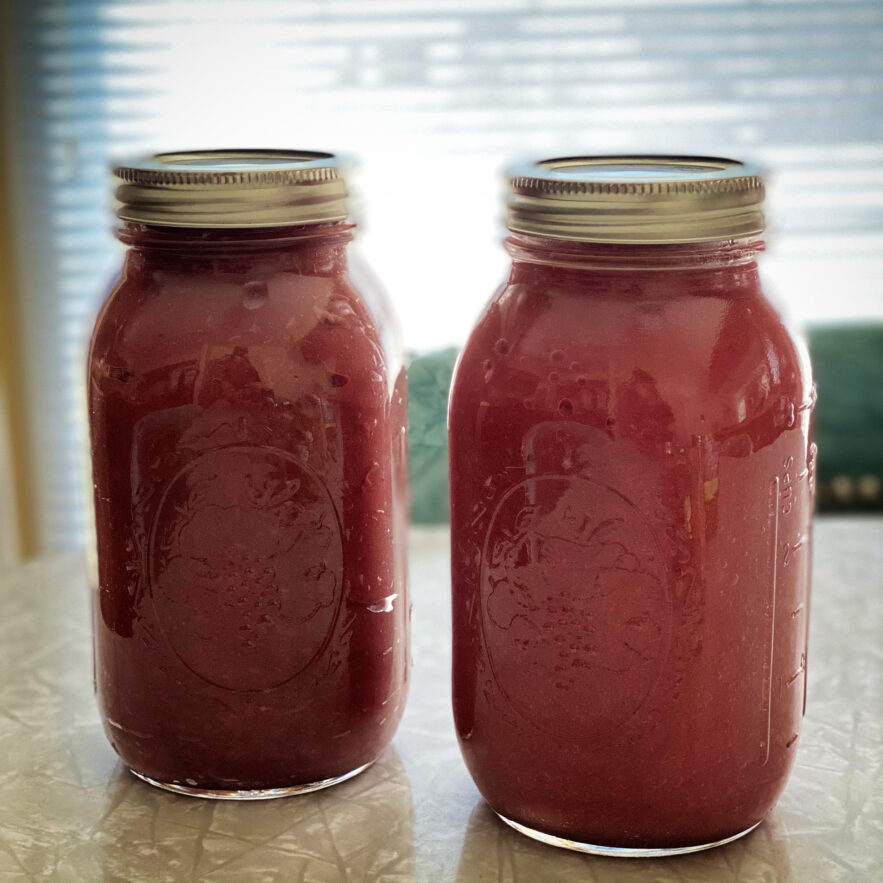On TikTok, influencers are taking spoonfuls of a gel-like substance out of a jar called sea moss. While they may scrunch their faces and suggest the flavor is less-than-enticing, many claim the supplement has worked wonders for their skin, energy, or digestion.
@healthyholisticheals this could of saved me energy & time better now than never tho 😎 Free shipping on all orders if you’re wanting to start your #seamoss journey 🔥 #immunebooster #guthealth #skincare ♬ original sound – Music table
But others have warned that it can cause problems.
@drjencaudle The Dangers of Sea Moss #seamoss #seamossbenefits #seamossbynadia #seamossgel #fyp #fypシ ♬ Music For a Sushi Restaurant – Harry Styles
Sea Moss Advice from an Dietician
MedShadow Medical Advisory Board member and nutritionist Alison Acerra, MS, RDN, explains what the supplement can, and can’t, do for you.
MedShadow: First of all, what is sea moss?
Acerra: Sea moss is really just a red algae. And it’s very similar to seaweed. It has a lot of the same properties as seaweed.
MedShadow: Why are people eating sea moss?
Acerra: People are really open now to the idea that food is medicine and, and can be leveraged for its functionality and medicinal benefits. Sea moss is a very rich source of fiber.

Fiber generally has lots of really important benefits for heart health. It can actually lower cholesterol levels. Fiber is really important for digestive health, certainly for preventing constipation and diarrhea. Fiber also serves as a prebiotic that helps to feed or fuel the healthy bacteria in our gut. Fiber is an important way of regulating blood sugars.
For a vegan there might be some benefit to taking a sea moss supplement specifically for getting iodine, because iodine tends to be found in dairy products, fish, and more animal-based foods. That said, we as a population don’t tend to have many issues with getting enough iodine, whether it’s through iodized salt or naturally.
MedShadow: Some TikTokers claim sea moss helps their skin. Is there any evidence of that?

Acerra: I don’t necessarily see that connection, but sea moss doesn’t have a ton of research behind it.
MedShadow: Are there any risks to taking sea moss?
Acerra: Supplements are not heavily regulated. People just want to be really aware and careful of the brand and manufacturer and make sure they’re getting it from a clean source.
[Editor’s note: see MedShadow’s article on vitamins and supplements for more information on what to look for on the label!]

Iodine is one of those things that we tend to not really know how much we’re getting, but if we’re getting too much of it, it can be a problem. Too much iodine can potentially contribute to hyperthyroidism. And then over time, if we’re taxing the thyroid too much by over consuming iodine, then that can also lead to hypothyroidism.
Additionally, when we’re increasing our fiber intake, we need to do it slowly, and not try to go from 10 grams of fiber a day to 35 right away [to avoid stomach upset.] It’s really just something to do gradually over time.
So, we want to be really thoughtful about what is the intention with the supplement and then be careful about exactly how much we’re getting.






